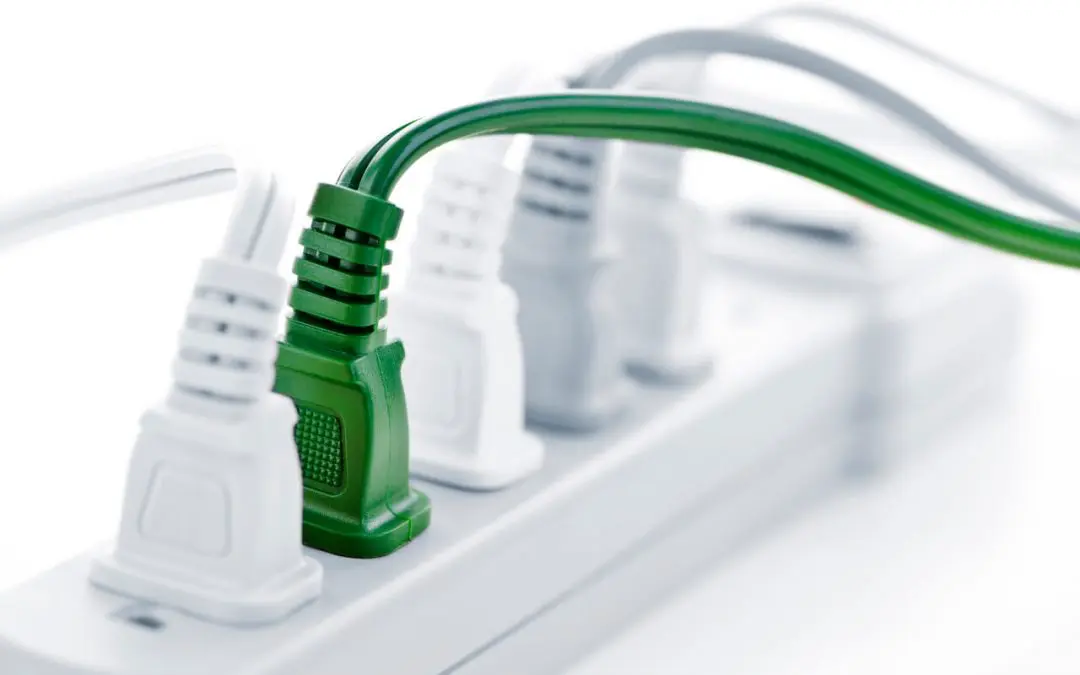Every homeowner hopes to keep their property and family safe from accidents. Each year, injuries and house fires occur due to problems with the electrical wiring and components. Many of your home systems and appliances need electricity to operate. Let’s look at a few tips for electrical safety in the home to help protect your family and your belongings.
1. Don’t Overload Outlets
Too many items plugged into a single outlet can cause a breaker to trip. If the outlet overheats, it could also lead to a house fire. An outlet is only capable of handling a certain amount of current. Extension cords and power strips pull power from a single outlet so too many devices in a power strip can overload the outlet and trip the breaker.
Power strips and extension cords are not intended to be long-term solutions. If you find you frequently need these accessories, hire an electrician to install additional outlets and determine if your home needs a circuit added.
2. Use GFCI Outlets for Electrical Safety
GFCI (ground fault circuit interrupter) outlets are the safest electrical outlets for rooms that have running water. They are also safety essentials if you are child-proofing a home. If the outlet gets wet or overloaded, a GFCI will detect a power surge and immediately cut power to the outlet.
3. Pay Attention to Wattage Requirements
Light fixtures have recommended wattage requirements (usually noted on the outside of a socket) for safety. Using the wrong bulbs can cause your fixtures to overheat and may cause a fire. Purchase the correct wattage bulbs to use in your lamps, appliances, and lighting fixtures. In case a bulb breaks while in a socket, unplug the lamp first before attempting to remove the bulb. This will prevent electric shock.
4. Water and Electricity Do Not Mix
Water conducts electricity. Dry your hands before plugging an appliance into the wall. Make sure the cord isn’t damp before using an electronic device. Never use electronics or appliances while in the bathtub. If you have electrical outlets near the sinks or shower, make sure the outlets are GFCI outlets to keep you and your family safe.
5. Repair Appliances for Electrical Safety in the Home
Keep an eye out for damaged or frayed electrical cords. Have cords replaced or purchase a new device. Don’t use electronics or appliances that are damaged; instead, contact an appliance repair professional to make needed repairs. You’ll save money and reduce electrical hazards in your home by fixing broken and damaged appliances.
Keep your family and your home safe by being aware of electrical safety concerns in the home. Call a professional to troubleshoot issues and make repairs when needed.
Danny Inspections provides inspection to customers in the Chicago metropolitan area. Contact us to request our services.

